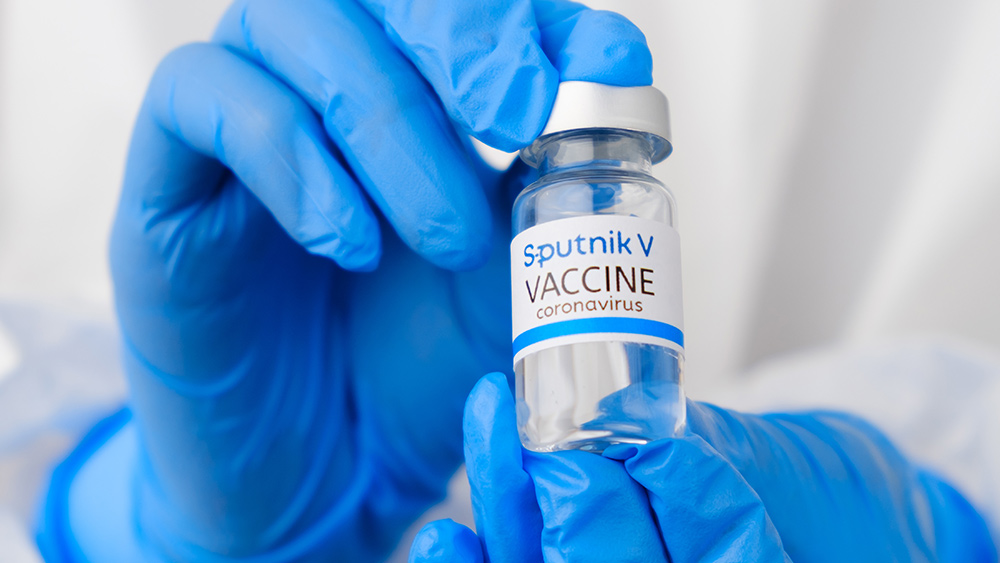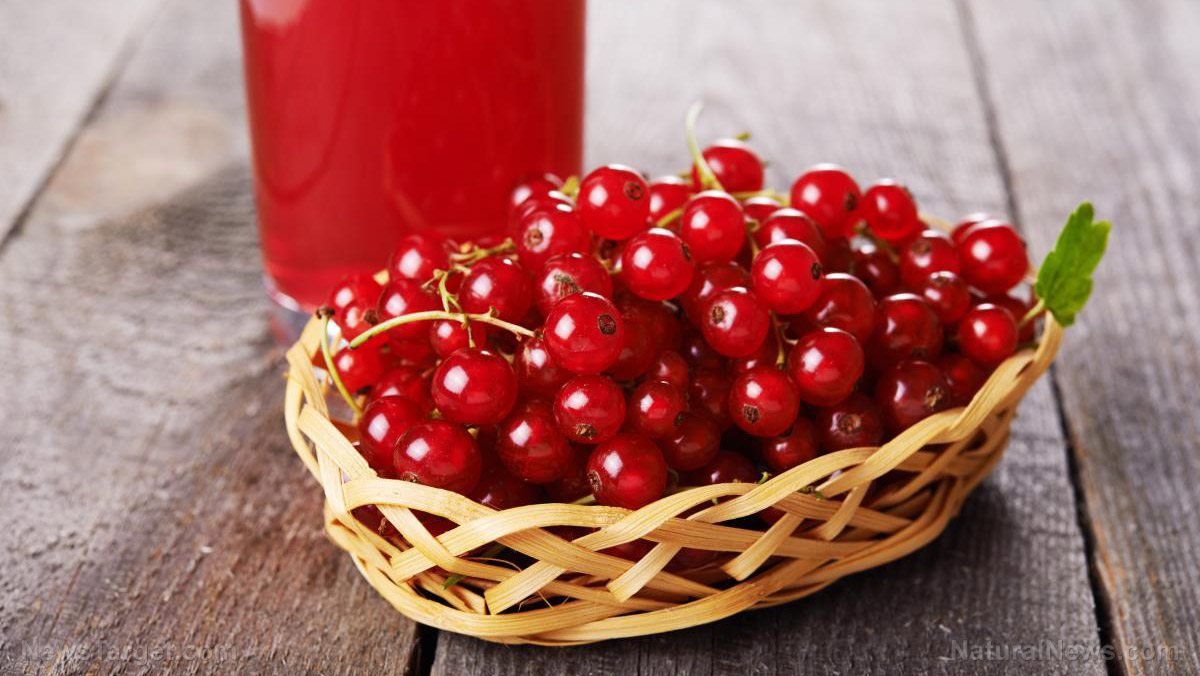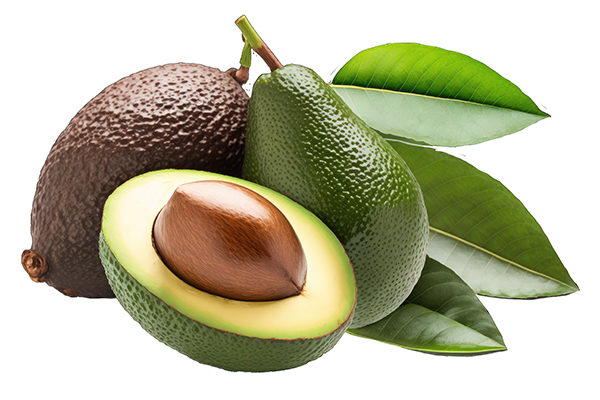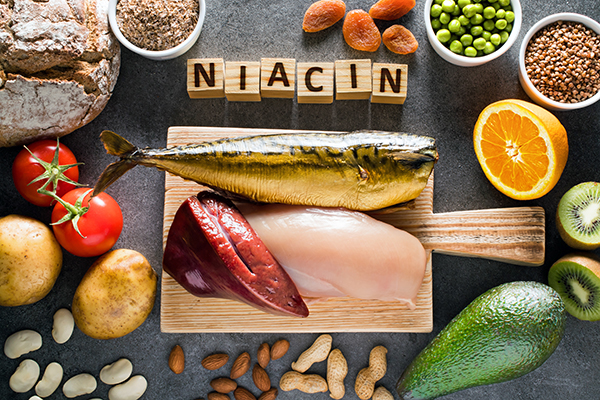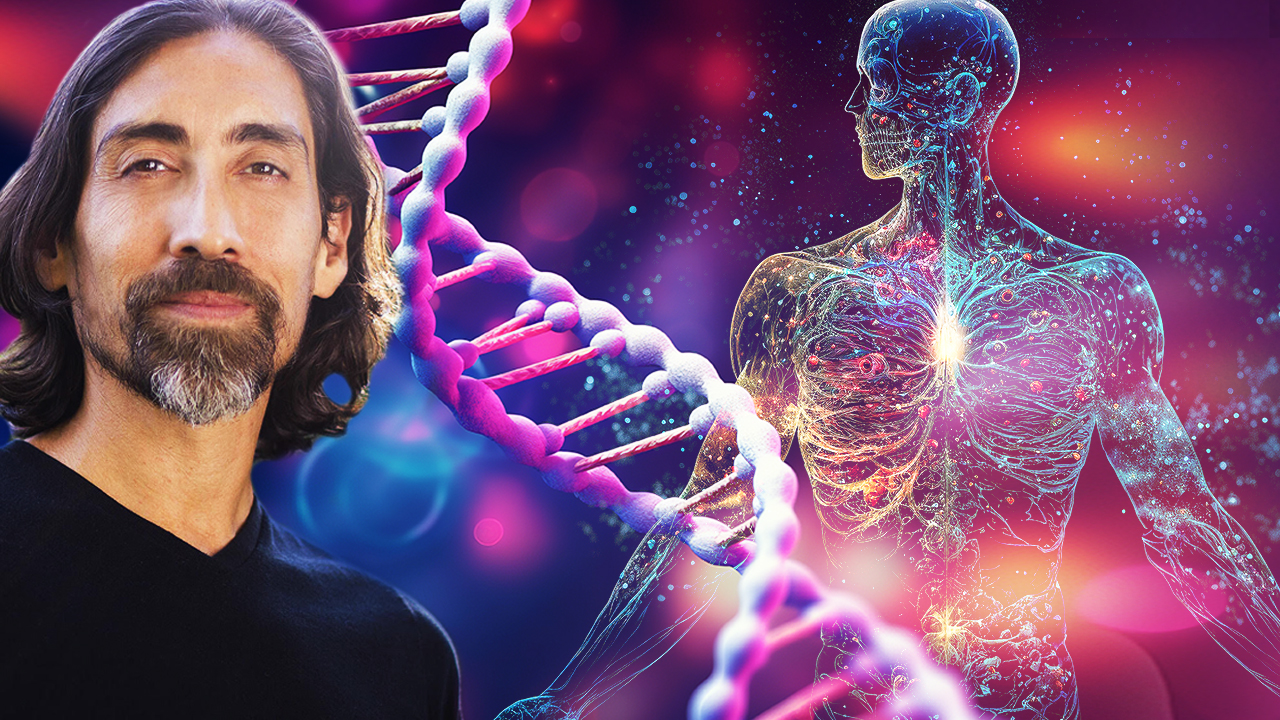6 Reasons why you’re always craving sugar, plus expert tips that can help curb sugar cravings
08/14/2023 / By Olivia Cook
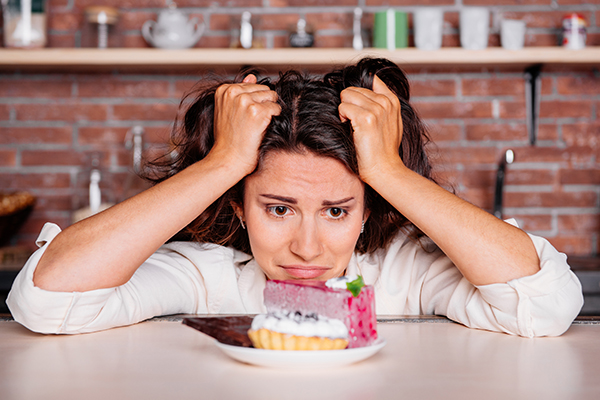
Health and nutrition specialists Dr. Michael Crupain, board-certified preventive medicine physician and author of the best-selling book What to Eat When, Dr. Shoshana Ungerleider, practicing internal medicine physician and host of the TED Health Podcast, and Dr. Michael Hartman, nutrition scientist and vice president of research and development at Plexus Worldwide, explain why we get sugar cravings after meals and how to quell them. (h/t to RealSimple.com)
Here are some common reasons for sugar cravings:
Force of habit
Sugar cravings are often the result of conditioning over time – a habit, says Crupain. The stimulus could be finishing a meal, the behavior is eating sweets (dessert) and the reward is how you feel – in this case, good.
The feel-good hormone that’s released after indulging in your favorite dessert is called dopamine, and the hormone that regulates blood sugar levels is called insulin, Crupain explains.
When you eat sugar, insulin goes up in the primitive parts of your brain – that is your reward pathway. This causes an increase in dopamine release, which makes you feel good.
Solution: Replace your habit with a healthier one, either with a non-sugary treat or a pleasant activity.
Crupain suggests giving yourself another activity or treat in place of a sugary dessert. Talk to a friend on the phone, enjoy your favorite show or take a relaxing bath.
If you feel like you still need something to consume, grab some fresh fruits or a handful of nuts. These are whole foods and natural sources of sugar that also offer plenty of fiber to temper sugar spikes.
Gut health and gastrointestinal issues
According to Hartman, poor gut health, gut inflammation and other gastrointestinal tract issues can cause sugar cravings. Pathogenic gut bacteria feed on sugar, so giving in to your craving could allow harmful bacteria to multiply inside your body.
Studies show that the absence of certain beneficial bacteria, such as Lactobacillus johnsonii, can also cause cravings, possibly due to the reduction in the production of GABA (gamma-aminobutyric acid). GABA is a neurotransmitter, or chemical messenger in your brain.
Solution: Improve your gut health and support a healthy gut microbiota.
You can make several changes to your diet to improve the health of your gut microbiome naturally. Eat plenty of high-fiber (prebiotic) and fermented (probiotic) foods to boost your gut health, improve digestion and help the beneficial bacteria in your gut to thrive. (Related: Promote gut health with these 4 powerful spices.)
Hunger hormones
Another reason why you’re constantly hankering for dessert could be the hunger hormone ghrelin.
Research has shown that ghrelin levels increase in response to sugar intake and may contribute to the development of sugar cravings, says Ungerleider. However, she notes that while ghrelin may play a role in regulating sugar cravings, it’s not the only factor at play.
Solution: Follow a well-balanced diet that’s rich in nutritious food.
A healthy diet consists of more fresh fruits and vegetables, lean protein, legumes, nuts, seeds and whole grains, and less processed (sugary and fatty) foods. Consult your physician or a dietitian-nutritionist about making specific dietary changes to improve your health and eating habits.
Low serotonin levels
If you feel like you need to indulge in ice cream after a tough day, that might have something to do with your serotonin levels. Serotonin helps to regulate mood, so it makes sense that your body craves it when you’re anxious, depressed or stressed.
Low levels of the neurotransmitter serotonin have been linked to sugar cravings, as well as a variety of other symptoms, such as mood disorders, anxiety and sleep disturbances, Ungerleider explains.
Serotonin is known to play a role in the regulation of appetite and food intake, as well as mood and overall feelings of well-being.
Solution: Find healthy, sustainable ways to manage anxiety and stress.
Regular exercise has been shown to improve mood and reduce stress levels. Meditation and deep breathing exercises can also help reduce stress and promote relaxation. (Related: 8 Tips to help you manage anxiety naturally plus herbal tea recipes for anxiety relief.)
Lack of sleep
A lack of sleep is linked to overeating, especially the overconsumption of junk food, says Crupain. Try to get about eight hours of sleep every night so you’ll be less likely to overeat sugary treats.
Solution: Establish a consistent, relaxing bedtime routine.
Check out these nightly techniques to help you fall sleep fast and improve your sleep quality. (Related: Improve sleep quality to bolster your resilience against anxiety and depression.)
Lack of nutrients
If you find yourself feeling dizzy without sugar or having chronically strong cravings, it could indicate a deeper nutritional problem. Intense and seemingly unchangeable sugar cravings may stem from a blood sugar imbalance, like hypoglycemia.
Being deficient in certain minerals that are involved in regulating insulin levels could also affect your hankering for sweets. For instance, if your body doesn’t get enough magnesium, it will have trouble producing energy for your cells, causing you to crave sugar in order to help raise energy levels.
Solution: Seek professional advice about your diet to address nutrient deficiencies.
Whether it’s a nutritional deficiency or a deeper health issue, it’s best to consult a professional. They can help determine what you’re lacking and how much you need, and ensure the lack of nutrients doesn’t lead to further problems.
Healthy foods to eat when you feel sugar cravings
When you feel a sugar craving coming on, consider munching on these nutritious foods instead of sugary snacks:
- Dark chocolate – Dark chocolate is lower in sugar than milk chocolate and contains antioxidants and other beneficial compounds that can promote health, Ungerleid says. Opt for dark chocolate that’s at least 70 percent cocoa and consume in moderation.
- Fresh fruit – Since fruits contain natural sugar, it can satisfy cravings while also offering plenty of fiber, phytonutrients and antioxidants.
- Nuts and seeds – If you’re looking for some extra protein, healthy fats and fiber, nuts and seeds are loaded with these nutrients and promote feelings of fullness to boot.
- Greek yogurt – Similar to how nuts and seeds prompt feelings of fullness, Greek yogurt also offers that perk and provides lots of protein, gut-friendly probiotics, vitamins and calcium. Look for plain Greek yogurt varieties without added sugar.
- Whole-grain crackers with cheese – This snack combo provides plenty of protein, healthy fats and complex carbohydrates (including fiber) to satisfy hunger in a healthy and delicious way.
Visit FoodScience.news for more stories like this.
Watch the following video to learn more about sugar cravings and food addiction.
This video is from the Progressive Voices Gary Null channel on Brighteon.com.
More related stories:
Top 5 healthy foods that fight sugar cravings.
Sources include:
Submit a correction >>
Tagged Under:
#nutrition, digestion, fasting, food cures, food is medicine, food science, gut health, health science, healthy diet, Mind, mind body science, natural cures, natural health, natural medicine, nutrients, remedies, sugar addiction, sugar cravings, tips
This article may contain statements that reflect the opinion of the author
RECENT NEWS & ARTICLES
COPYRIGHT © 2017 NATURAL CURES NEWS


